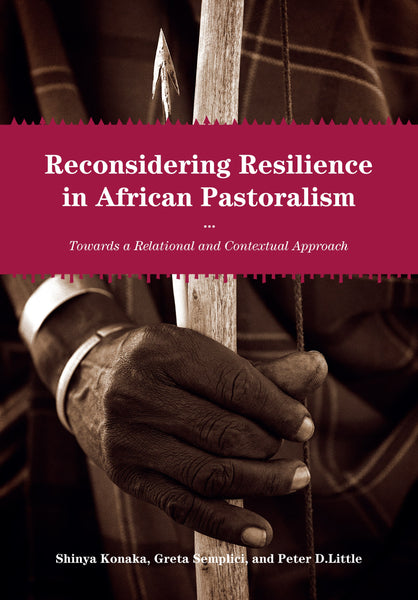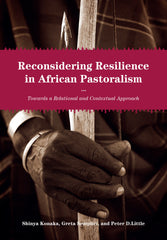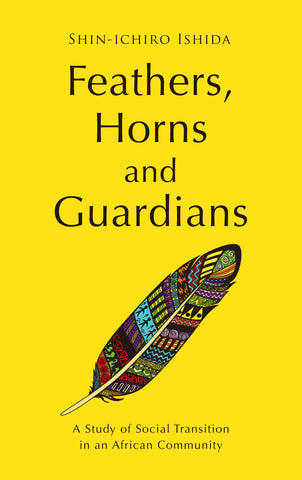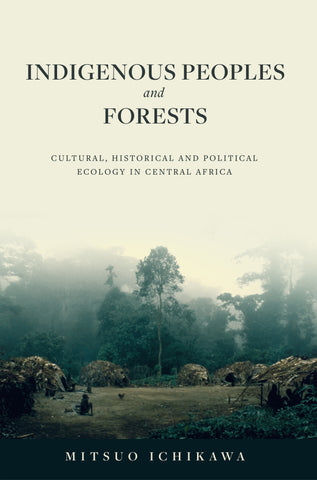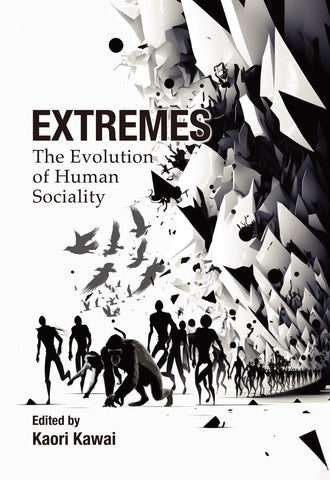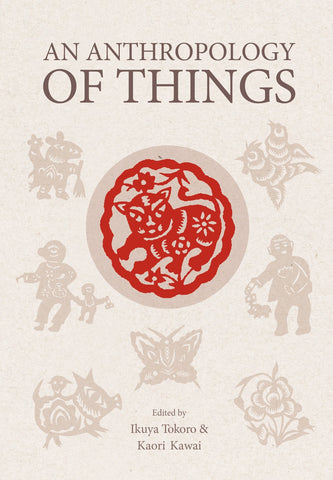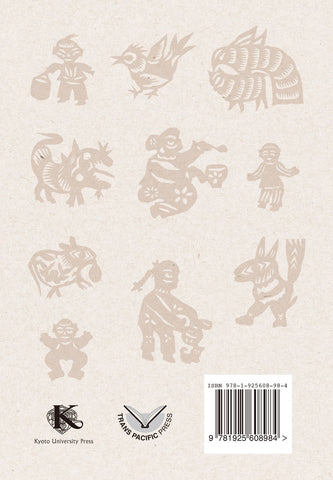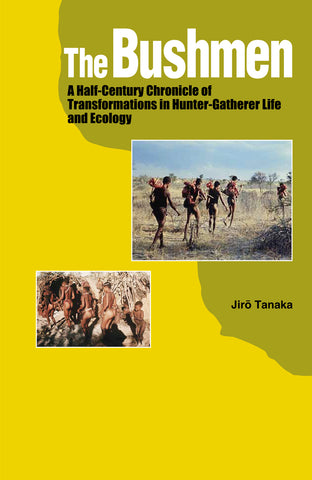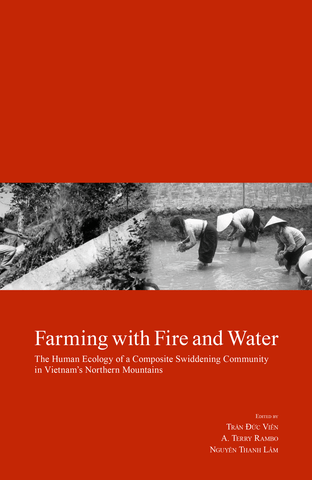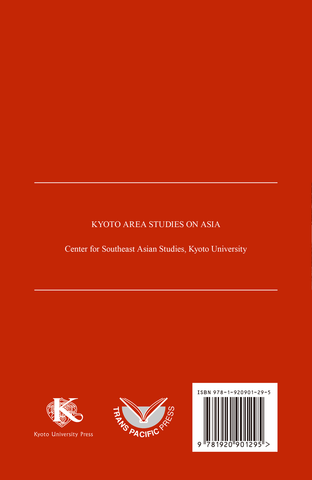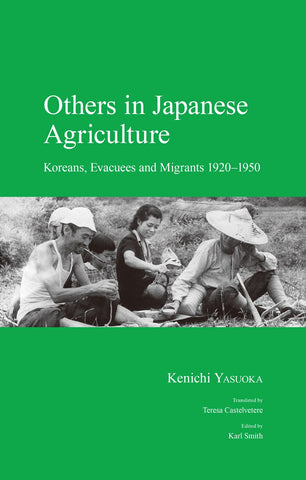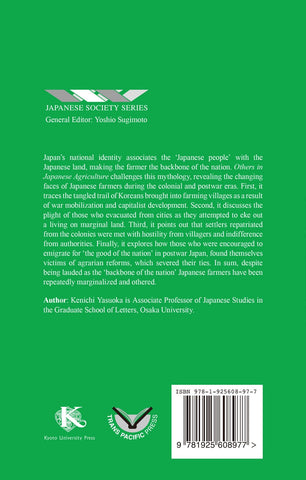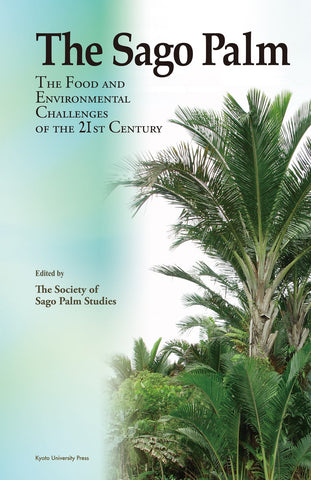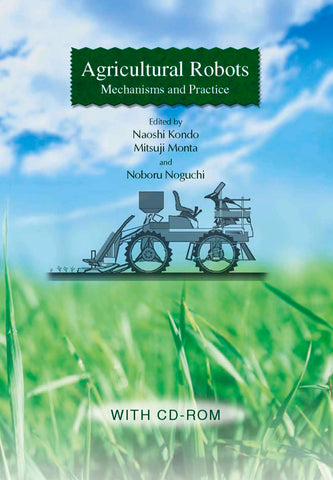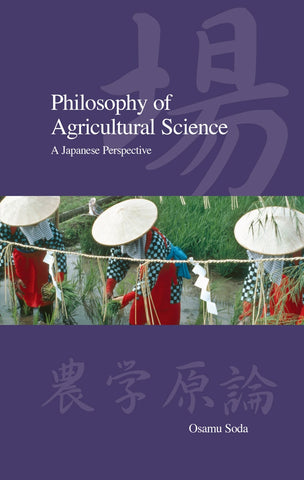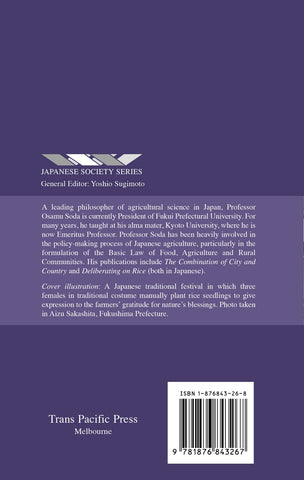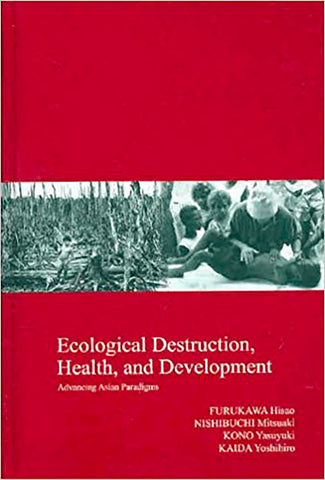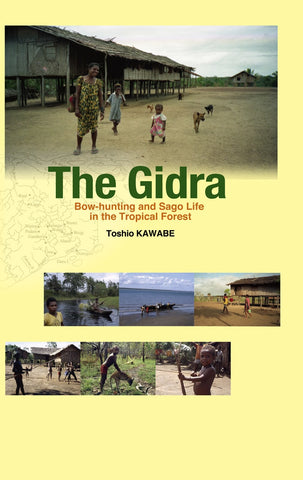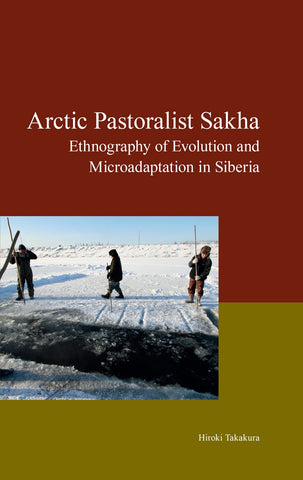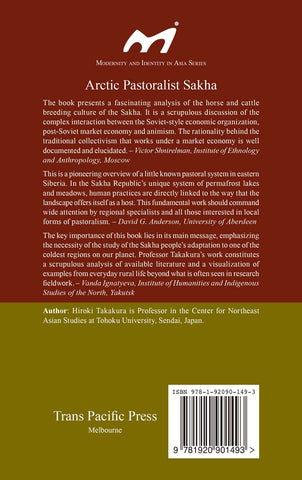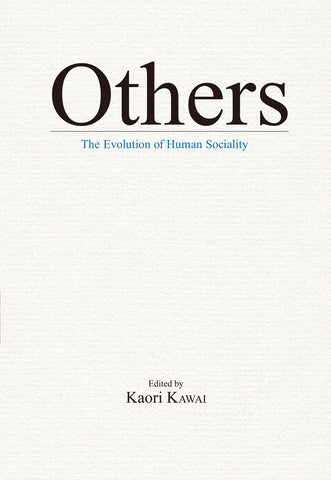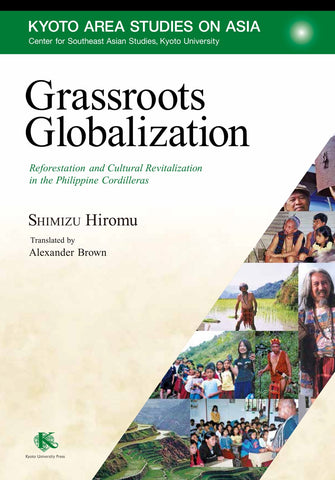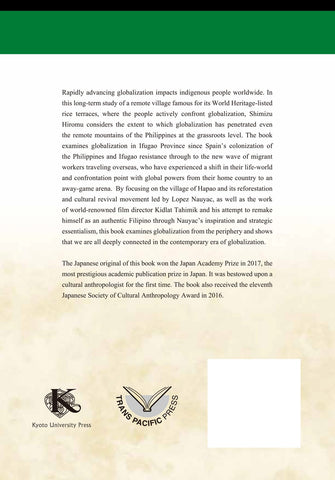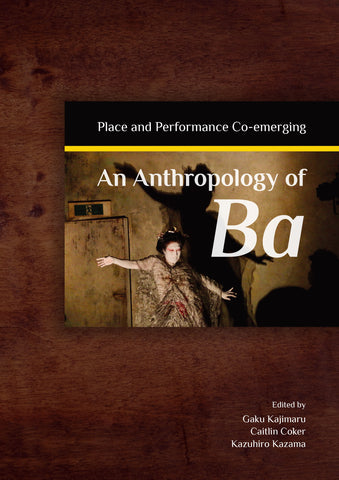Reconsidering Resilience in African Pastoralism
Many In Stock
What does resilience mean? This is a question frequently asked and one that this book challenges and turns on its head.
This book interrogates the increasingly overused concept of resilience by examining its application to a series of case studies focused on pastoralists in Africa. Through anthropological approaches, the book prioritizes the localization of resilience in context and practice; how to promote ‘thinking resilience’ in place of the typical ‘resilience thinking’ approach. Anthropology has the power to raise the vantage point of people and places, make them speak, breath, and live. And this gives to resilience more grounded and quotidian framings: local, relational, political and ever evolving.
The authors ask whether development assistance and government intervention enhance the resilience of African pastoralists, while discussing critical topics, such as political power, land privatization, gender, human-animal identities, local networks, farmer-pastoralist relations, and norms and values. The epilogue, in turn, highlights important theoretical and empirical connections between the different case studies and shows how they provide a much more nuanced, culturally and politically meaningful approach to resilience than its common definition of ‘bounce back.’
By approaching resilience from relational and contextual perspectives, the book showcases a counter-narrative to guide more effective humanitarian and development framing and shed light on new avenues of understanding and practicing resilience in this uncertain world.
About Editors and Authors
Shinya Konaka is Professor, School of International Relations, and Dean, Graduate
School of International Relations, University of Shizuoka.
Peter D. Little is the Samuel Candler Dobbs Professor of Anthropology and
Director of the Global Development Studies Program, Emory University.
Greta Semplici is a Max Weber Fellow at the European University Institute. She has
earned a D.Phil. (Ph.D.) from the Oxford Department of International Development.
Table of contents
Introduction: Rethinking Resilience in the Context of East African Pastoralism
by Shinya Konaka, Peter D. Little, and Greta Semplici
PART I Political Economy of Resilience from Global Perspective
Chapter 1 Does Aid Make Africa Resilient?: Disasters’ impacts on economic growth, agriculture, and conflicts
By Go Shimada
Chapter 2 Genealogies of Resilience in the Development and Humanitarian Sector: Potentials and Difficulties
By Tamara Enomoto
PART II Resilience through Livelihood Diversification
Chapter 3 Resilience and the Political Economy of Diversification: The Case of Il Chamus, Bagingo County, Kenya, 1980-2018
By Peter D. Little
Chapter 4 Livelihood Diversification and Resilience among the East Africa Pastoralists
By Toru Sagawa
PART III Resilience and Identity
Chapter 5 Mobile Identities: Resilience, Belonging, and Change among Turkana Herders in Northern Kenya
By Greta Semplici
Chapter 6 Changing Land Laws and the Resilience of Samburu Pastoralist Women
By Rahma Hassan
PART IV Resilience of Displaced Pastoralists during and after Conflict
Chapter 7 Reconsidering the Resilience of Pastoralism from the Perspective of Reliability: The Case of Conflicts between the Samburu and the Pokot of Kenya, 2004-2009
By Shinya Konaka
Chapter 8 Contextualizing Resilience to Material Culture of Pastoralists and Humanitarian Assistance in Northern Kenya
By Shinya Konaka
Chapter 9 Man-animal Social Relationship as the Source of Resilience
By Itsuhiro Hazama
PART V Comparative Perspectives on Resilience and Mobility: Farmers, City Dwellers, and Pastoralists
Chapter 10 Resilience through (Im)mobility and Patience: Kel Tamasheq in Bamako
By Giulia Gonzales
Chapter 11 Resilience under Strain: Spatial Dimensions of ‘Farmer–Herder Conflict’ in the Sahel
By Takuto Sakamoto
Chapter 12 The Resilience of Former Refugees in Rural Zambia
By Rumiko Murao
Epilogue – Resilience in the Drylands: Contested Meanings
By Ian Scoones
